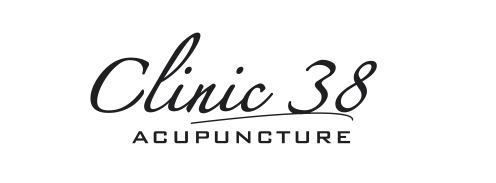The long chilly winter is behind us and spring has officially sprung! The season, often associated with joy, love and new life can unfortunately, on the contrary, make life rather miserable for some. Sneezing, runny nose, itchy eyes – all too familiar feelings for the spring allergy sufferer.
The most common trigger for springtime allergies is pollen – tiny grains which are released by plants into the air for the purpose of fertilising other plants. When inhaled by those sensitive to pollen, the immune system mistakes it as a danger and goes into defence mode. This results in the release of histamines into the bloodstream which trigger these unpleasant symptoms which hay fever sufferers endure.
While many turn to antihistamines for temporary relief, the unpleasant side effects (such as drowsiness) have seen more and more people turning to Traditional Chinese Medicine for relief from spring time allergies.
Using Acupuncture for Spring Allergy Relief
Remarkably, there is quite significant overlap in how Western medicine and Traditional Chinese Medicine view allergies.
Western medicine attributes sensitivity to pollen to the release of antibodies (which result in histamines) and produced in the body by lymphocytes. Lymphocytes are white blood cells which make up part of your immune system and become very active in individuals experiencing allergies.
In addition to being present in the bloodstream, Western medicine identifies major lymphoid producing organs as the spleen, gastrointestinal tract and bone marrow.
Interestingly in acupuncture treatment for allergies, there is a strong emphasis on the spleen, stomach and large intestine meridians. In fact, acupuncture is so widely recognised as an effective treatment of hay fever that the Worldhealth Organisation said in their 2002 publication Acupuncture: Review and Analysis of Reports on Controlled Clinical Trials.
“Acupuncture is more effective than antihistamine drugs in the treatment of allergic rhinitis. Acupuncture’s lack of side-effects is a distinct advantage in treating this condition”.
Acupuncture is non-invasive and aims to restore your body’s natural balance, rather than interfere with it. It is Acupuncture's lack-of side effects when compared to antihistamines and other allergy relief drugs which are seeing more and more people turn to the traditional Chinese practice for their springtime allergy relief.
So embrace the season of new beginnings and give acupuncture a try this spring and start to feel yourself again!

